Students at Key Stage 5 study 3 separate units, The Tudors (1485-1603), Democracy and Nazism: Germany 1918-1945, and Civil Rights 1865-1970. Units 1 and 2 (Tudors and Germany) are examined at the end of Year 13. The Civil Rights unit is the Non-Examined Assessment (NEA), and is an individual study on any element of interest within the Civil Rights unit. Topics can be as diverse as the importance of women to the movement or the role of film and television in influencing change, to more established enquiries as the importance of Martin Luther King Jr., or the Supreme Court. The course is much more in depth than GCSE and will involve the use of original sources and explore a range of historians’ interpretations of key events. The course is ultimately debate driven, and students are encouraged to challenge traditional thinking and support their ideas with evidence. The course develops a huge range of practical skills including selecting relevant information, critical evaluation of not just events, but also how these events have been interpreted, as well as research and communication. The ability and desire to have a rigorous, well-informed debate is strongly developed in lessons.
For all Level 3 courses, students require a total of 5 GCSEs at grades 9-4 or equivalent in vocational subjects. This course has an additional requirement of: Grade 4 or above in History or grade 4 or above in English if new to the subject
About Education Provider
| Region | South East |
| Local Authority | Medway |
| Ofsted Rating | Good |
| Gender Type | Co-Educational |
| Address | Arethusa Road, Rochester, ME1 2UW |
Students at Key Stage 5 study 3 separate units, The Tudors (1485-1603), Democracy and Nazism: Germany 1918-1945, and Civil Rights 1865-1970. Units 1 and 2 (Tudors and Germany) are examined at the end of Year 13. The Civil Rights unit is the Non-Examined Assessment (NEA), and is an individual study on any element of interest within the Civil Rights unit. Topics can be as diverse as the importance of women to the movement or the role of film and television in influencing change, to more established enquiries as the importance of Martin Luther King Jr., or the Supreme Court. The course is much more in depth than GCSE and will involve the use of original sources and explore a range of historians’ interpretations of key events. The course is ultimately debate driven, and students are encouraged to challenge traditional thinking and support their ideas with evidence. The course develops a huge range of practical skills including selecting relevant information, critical evaluation of not just events, but also how these events have been interpreted, as well as research and communication. The ability and desire to have a rigorous, well-informed debate is strongly developed in lessons.
For all Level 3 courses, students require a total of 5 GCSEs at grades 9-4 or equivalent in vocational subjects. This course has an additional requirement of: Grade 4 or above in History or grade 4 or above in English if new to the subject